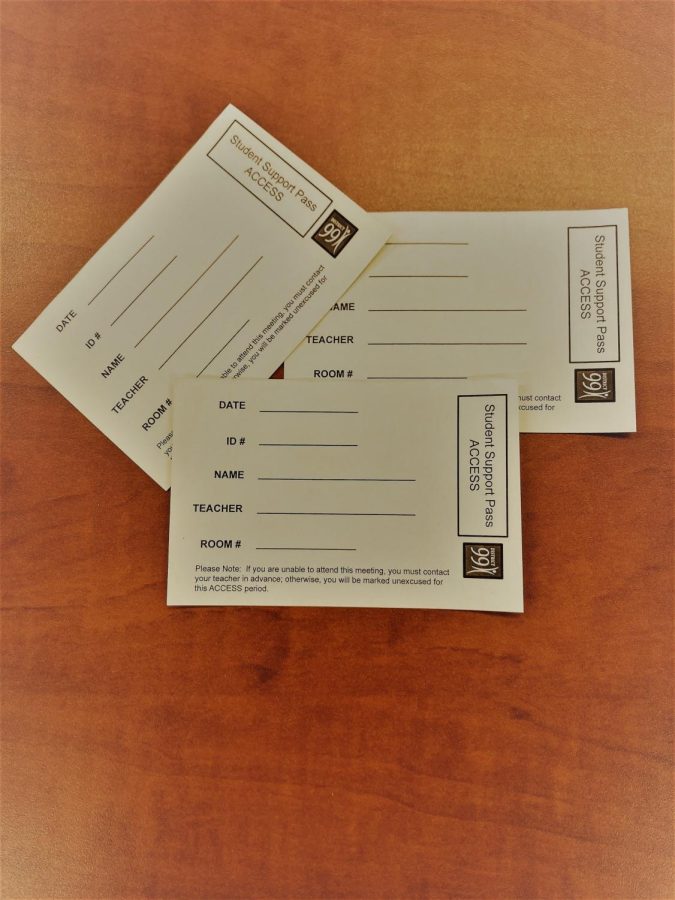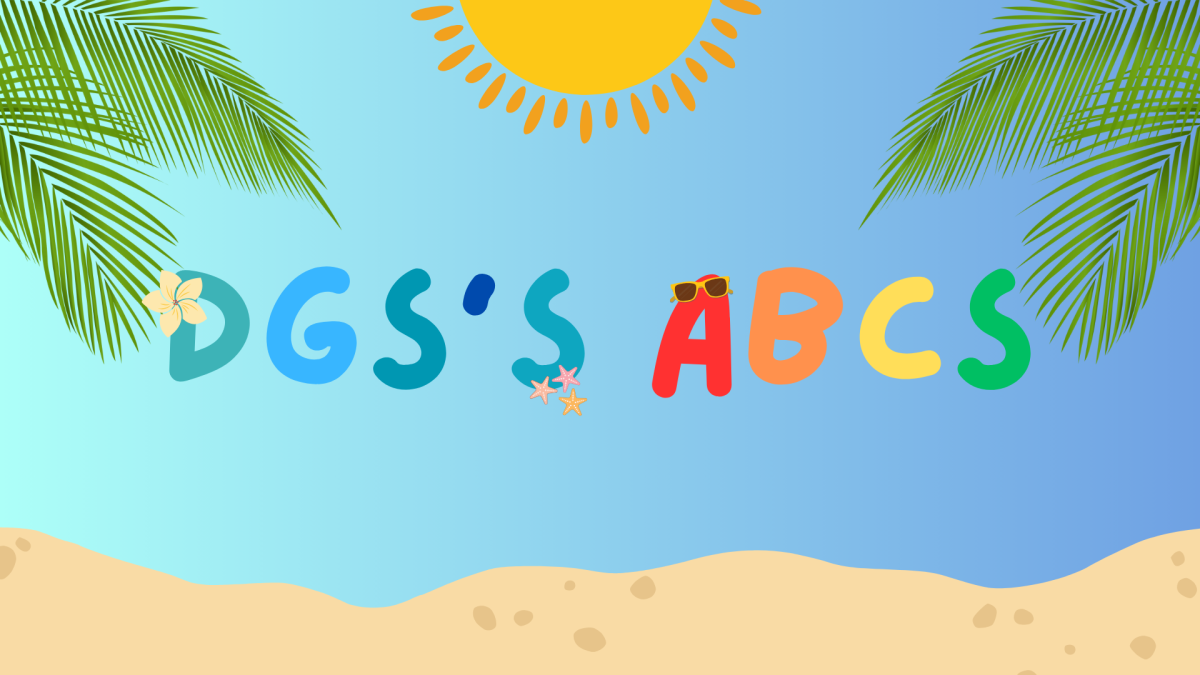Access: A lesson in bad execution
Access and its facets have dubious benefits
November 28, 2022
Earlier this year, the school board voted to pass the hybrid block schedule. This included a new part of the day: access on the block days. With months of evaluation, access has not proven its existence as worthy. Though it has its merits, access is too poorly executed to be a useful part of the day.
Access has different types of programming, and these are either useless or could be done much more efficiently.
First, the lessons taught in access. These include information that most people already know about through other curriculum or through basic life experience. These lessons are also extremely boring. It’s usually just a Screencast with bad audio over a bunch of stock photos with a few surface level questions thrown in.
These are not engaging lessons, and they don’t try to be. It’s clear these are here to check a box for the district and nothing more. The benefit of these lessons is minimal at best and a 30 minute waste of time at worst.
As a result, most ignore these lessons or will soon forget about them. There’s no incentive to actually learn from these lessons, and so the vast majority don’t. It’s hard to be hyperbolic about how ineffective these lessons are.
Secondly, the study hall is not effective. This is the option to do work during the access period, but it also includes a twist. One can get a pass from a teacher, or a teacher can give a pass to force a student to come in for help.
However, there’s simply not a lot of passes because the whole school is in access at the same time.
Having time to work during the day is useful, but the pass system has dubious benefits. Since so few students can get passes, only a select few can receive help. It’s not a bad idea in theory, but in practice it simply doesn’t work as intended.
Too few students can get help, and so the impact of this program is minimal compared to the size of the school.
There’s also other ways to get help that are more traditional and allow a greater amount of student to get help. Students can get help through office hours, the resource centers and scheduled times with a teacher if none of the above work. The resource is another huge block of time where students can get help. For those that are heavily involved, none of these options may suffice.
The pass system could fill that hole for this group, but in its current state it’s simply not living up to that.
Finally, the student autonomy days. These days have the pass option, but the twist is that a student has free reign over what they do. To prevent total chaos, only two classes have this in any given access period.
For example, juniors and freshman on one day and seniors and sophomores on another. Most students choose to go to the cafetorium or the commons and talk with friends.
Students can choose to get help, do work or take a breather. This type of access day is undoubtedly the best.
It allows students to have a taste of that choice they’ll have during college, and allows them to be prepared to a greater degree: that’s a positive thing.
Access has its merits, but it needs reworking. First, start by eliminating lessons. As clearly stated before, these lessons hold little to no benefit to students.
Second, eliminate the cap on the pass system. If someone needs help, they should just be able to get help. There should be no limit on passes.
If a teacher feels overwhelmed, they can shift the student to that department’s resource center or to another teacher. There’s not that many students getting help that no teachers would be available. The strange arbitrary bottleneck of the pass system needs to be eliminated.
Then, switch off autonomy days between pairs of classes. So, one day it’s freshman and sophomores and the next it’s juniors and seniors.
With all those changes, access would be a solid addition to the schedule. In its current state, it’s an example to think things through a little more before implementing something.




